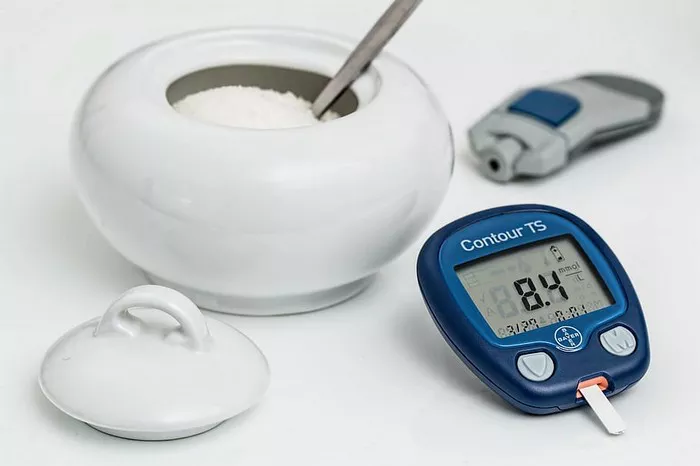Insulin resistance is a condition that affects millions of people worldwide and plays a significant role in the development and progression of type 2 diabetes. In this article, we will explore the nature of insulin resistance, its reversibility, and various strategies for managing and potentially reversing it through lifestyle modifications, dietary strategies, exercise, medical interventions, and regular monitoring.
Insulin resistance is a condition where cells in the body become less responsive to the effects of insulin, a hormone produced by the pancreas. Insulin normally helps regulate blood sugar levels by facilitating the uptake of glucose into cells for energy production. However, in insulin resistance, cells fail to respond adequately to insulin, leading to elevated blood sugar levels.
Reversibility of Insulin Resistance
While complete reversal of insulin resistance may not always be possible, it can often be improved and managed effectively through lifestyle modifications and, in some cases, medical interventions. By addressing underlying factors contributing to insulin resistance, individuals can often improve their insulin sensitivity and overall metabolic health.
Lifestyle Modifications
Lifestyle modifications play a crucial role in improving insulin sensitivity and potentially reversing insulin resistance. Here are some actionable tips:
Healthy Eating Focus on a balanced diet rich in fruits, vegetables, whole grains, lean proteins, and healthy fats. Emphasize portion control and minimize intake of processed foods, sugary beverages, and refined carbohydrates.
Regular Exercise Engage in regular physical activity to improve insulin sensitivity. Aim for a combination of aerobic exercises (such as walking, jogging, cycling, swimming) and strength training exercises for optimal results.
Weight Management Maintain a healthy weight or lose excess weight if overweight or obese. Set realistic weight loss goals and adopt sustainable dietary and exercise habits to achieve them.
Stress Reduction Manage stress through techniques such as mindfulness meditation, deep breathing exercises, yoga, or engaging in hobbies and activities that promote relaxation. Chronic stress can worsen insulin resistance.
Adequate Sleep Ensure sufficient quality sleep each night (7-9 hours for adults) to support metabolic health and insulin sensitivity. Improve sleep hygiene and establish a consistent sleep schedule for better overall well-being.
Dietary Strategies:Specific dietary recommendations can help improve insulin sensitivity:
- Low Glycemic Index Foods: Choose foods with a low glycemic index to stabilize blood sugar levels and improve insulin sensitivity.
- Increased Fiber Intake: Incorporate fiber-rich foods like fruits, vegetables, legumes, and whole grains into your diet to regulate blood sugar levels and improve insulin sensitivity.
- Healthy Fats: Include sources of healthy fats such as avocados, nuts, seeds, and olive oil in your diet to improve insulin sensitivity and promote satiety.
Exercise Recommendations
Regular physical activity is essential for improving insulin sensitivity and reducing insulin resistance. Aim for at least 150 minutes of moderate-intensity aerobic exercise or 75 minutes of vigorous-intensity aerobic exercise per week, along with muscle-strengthening activities on two or more days per week.
Weight Management
Maintaining a healthy weight or losing excess weight can significantly improve insulin sensitivity and potentially reverse insulin resistance. Set achievable weight loss goals, focus on portion control, and prioritize nutrient-dense foods to support long-term weight management.
Medical Interventions
In some cases, medical interventions may be necessary to improve insulin sensitivity and manage insulin resistance:
- Medications: Healthcare professionals may prescribe medications such as insulin-sensitizing drugs or diabetes medications to help improve insulin sensitivity and manage blood sugar levels.
- Insulin Therapy: In severe cases of insulin resistance, insulin therapy may be required to regulate blood sugar levels effectively.
Conclusion
Insulin resistance is a complex condition that requires a multifaceted approach to management. By addressing underlying factors through lifestyle modifications, dietary strategies, exercise, medical interventions, and regular monitoring, individuals can improve their insulin sensitivity, manage insulin resistance, and reduce the risk of complications associated with type 2 diabetes and other metabolic disorders. Empower yourself with knowledge and take proactive steps towards better metabolic health.
Related Topics:
What Is A Normal A1C Level For A Woman?

























